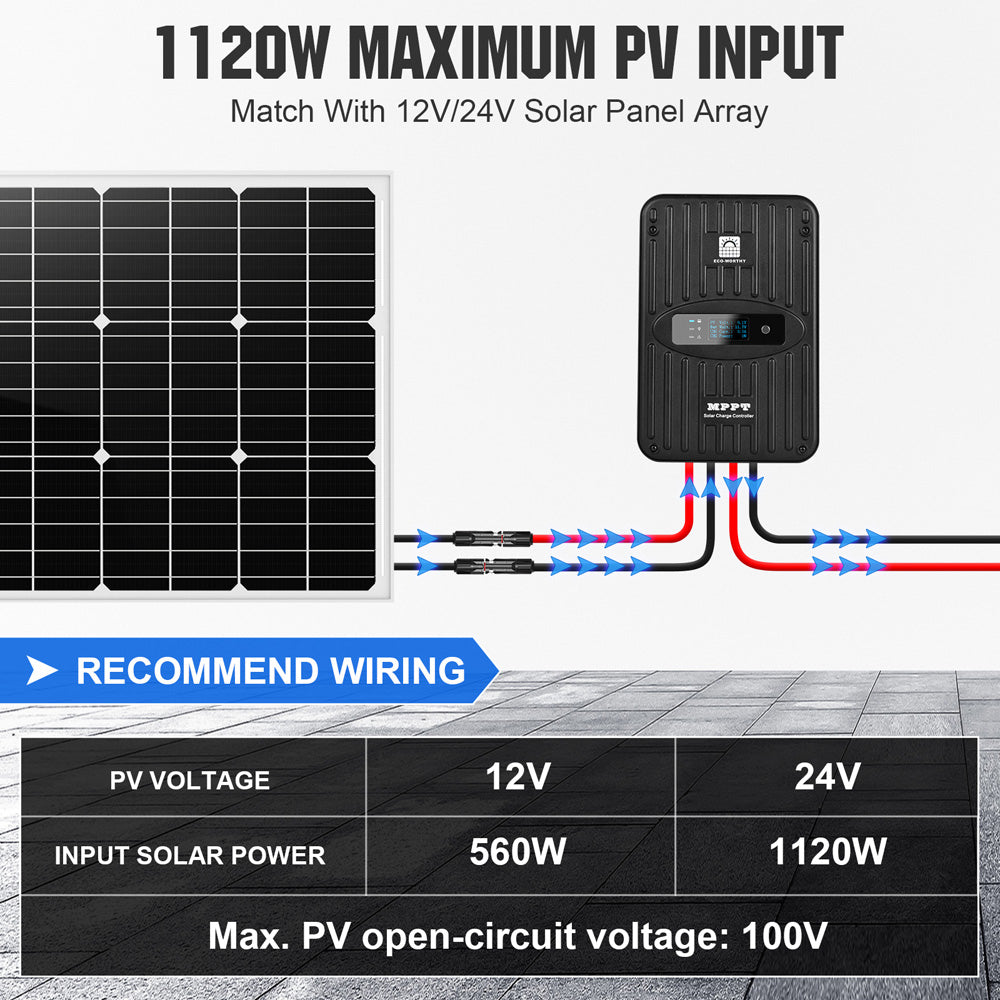The Essential Role of Solar Charge Controllers in Maximising Solar Energy Efficiency
Cuerpo
In the realm of renewable energy, solar charge controllers play a pivotal role in ensuring that solar energy systems operate at peak efficiency. These devices are crucial for managing the power generated by solar panels, directing it to batteries, and preventing overcharging. Understanding the functionality and benefits of solar charge controllers can significantly enhance the performance of your solar energy system.

What is a Solar Charge Controller?
A solar charge controller is an electronic device that regulates the voltage and current coming from solar panels to the batteries. By doing so, it ensures that the batteries are charged optimally without being overcharged or excessively discharged. This regulation is vital because overcharging can lead to battery damage, while undercharging can reduce the overall efficiency of the solar energy system.
Types of Solar Charge Controllers
There are primarily two types of solar charge controllers: PWM (Pulse Width Modulation) and MPPT (Maximum Power Point Tracking). Each type has its unique advantages:
- PWM Controllers: These are simpler and more cost-effective. They work by gradually reducing the amount of power sent to the battery as it approaches full charge.
- MPPT Controllers: These are more advanced and can convert excess voltage into amperage, allowing for more efficient charging. They are particularly beneficial in larger solar setups.
Benefits of Using a Solar Charge Controller
Integrating a solar charge controller into your solar energy system offers numerous benefits:
- Enhanced Battery Life: By preventing overcharging and deep discharging, these controllers significantly extend the lifespan of batteries.
- Improved Energy Efficiency: They optimise the charging process, ensuring that the maximum amount of energy generated by the solar panels is utilised.
- System Protection: Solar charge controllers protect against voltage spikes and other electrical anomalies that could damage the system.
Choosing the Right Solar Charge Controller
When selecting a solar charge controller, consider factors such as the type of solar panels, the capacity of your battery bank, and your specific energy needs. It is essential to match the controller's specifications with your system's requirements to ensure optimal performance. For a comprehensive range of options, you can explore  .
.
Conclusion
In conclusion, a solar charge controller is an indispensable component of any solar energy system. By understanding its role and benefits, users can maximise the efficiency of their solar installations. Whether you opt for a PWM or MPPT controller, investing in the right technology will ensure that your solar energy system operates effectively and sustainably.







Comentarios